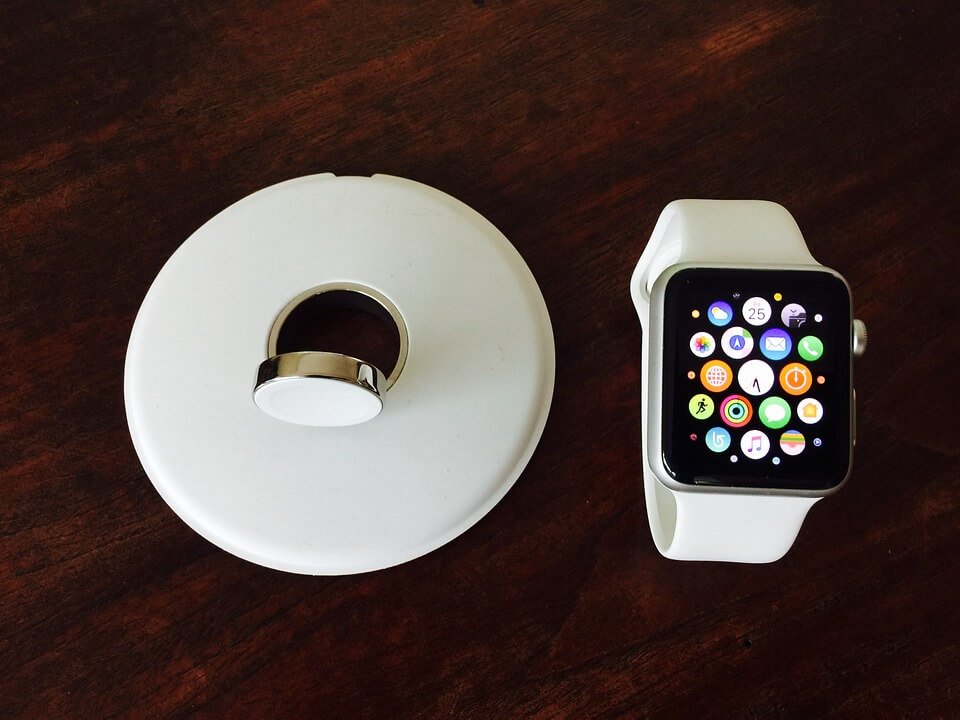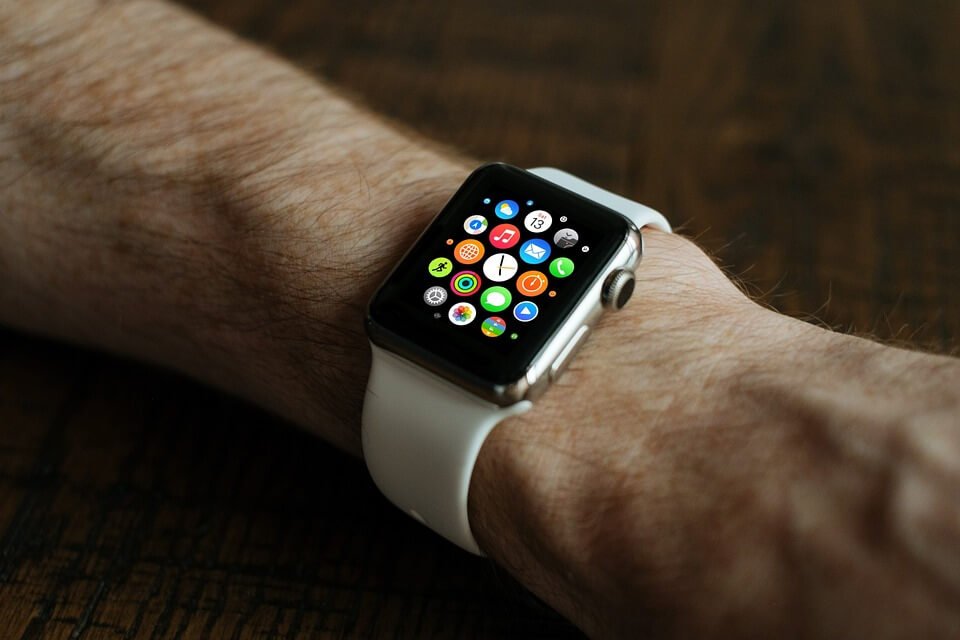Business
You can now monitor irregular heartbeats through Apple Watch
Apple Watch and Stanford University School of Medicine have collaborated to launch the Heart Study App.

The Apple Watch will be used by its manufacturer to detect irregular heart rhythms as part of a study to be conducted along with the Stanford University School of Medicine.
Apple announced that it had developed a Heart Study App that will look out for irregular heartbeats.
Innovative study
Apple said the app “is an innovative research study that uses data from Apple Watch to identify irregular heart rhythms, including those with potentially serious heart conditions such as atrial fibrillation (AFib).”
AFib is one of the most common forms of irregular heartbeats and a leading cause of stroke, the company stated.
Apple pointed out that AFib is responsible for at least 130,000 deaths and the hospital confinement of 750,000 people in the United States each year.
Data-gathering by Apple Watch
The company said the Watch’s heart rate sensor would collate data on irregular heart rhythms and notify users who may be experiencing AFib.
The sensor, according to a Mashable report, uses green LED lights that flash and light-sensitive photodiodes to monitor the amount of blood pumping through a Watch user’s wrist.

Apple Watch can now monitor irregular heartbeats of its wearer, making it a possible life-saving device in the future. (Source)
Sensor
What makes the sensor unique is that it gather “signals from four distinct points on the wrist,” and along with software algorithms, the Watch “isolates heart rhythms from other noise (in the body).”
After a Watch user is notified about an irregular heart rhythm, he or she gets a free video consultation on his or her iPhone with the Heart Study’s medical professionals for further analysis.
The video consultation connects the user with a licensed primary care provider from American Well.
Apple chief operating officer (COO) Jeff Williams revealed that they’d get letters from customers every week, saying how the Watch has helped them discover that they have AFib.
He said the letters inspire them “to do more to help people understand their health” and perhaps help “advance discoveries in heart science.”
—
DISCLAIMER: This article expresses my own ideas and opinions. Any information I have shared are from sources that I believe to be reliable and accurate. I did not receive any financial compensation in writing this post, nor do I own any shares in any company I’ve mentioned. I encourage any reader to do their own diligent research first before making any investment decisions.

-

 Crowdfunding1 week ago
Crowdfunding1 week agoBSG Stahl Riesa Launches Crowdfunding for New Floodlights
-

 Cannabis5 days ago
Cannabis5 days agoSnoop Dogg Searches for the Lost “Orange” Cannabis Strain After Launching Treats to Eat
-

 Crypto2 weeks ago
Crypto2 weeks agoIntesa Sanpaolo Signals Institutional Shift With Major Bitcoin ETF Investments
-

 Cannabis6 hours ago
Cannabis6 hours agoBrewDog Sale Leaves Thousands of Crowdfunding Investors Empty-Handed

























You must be logged in to post a comment Login